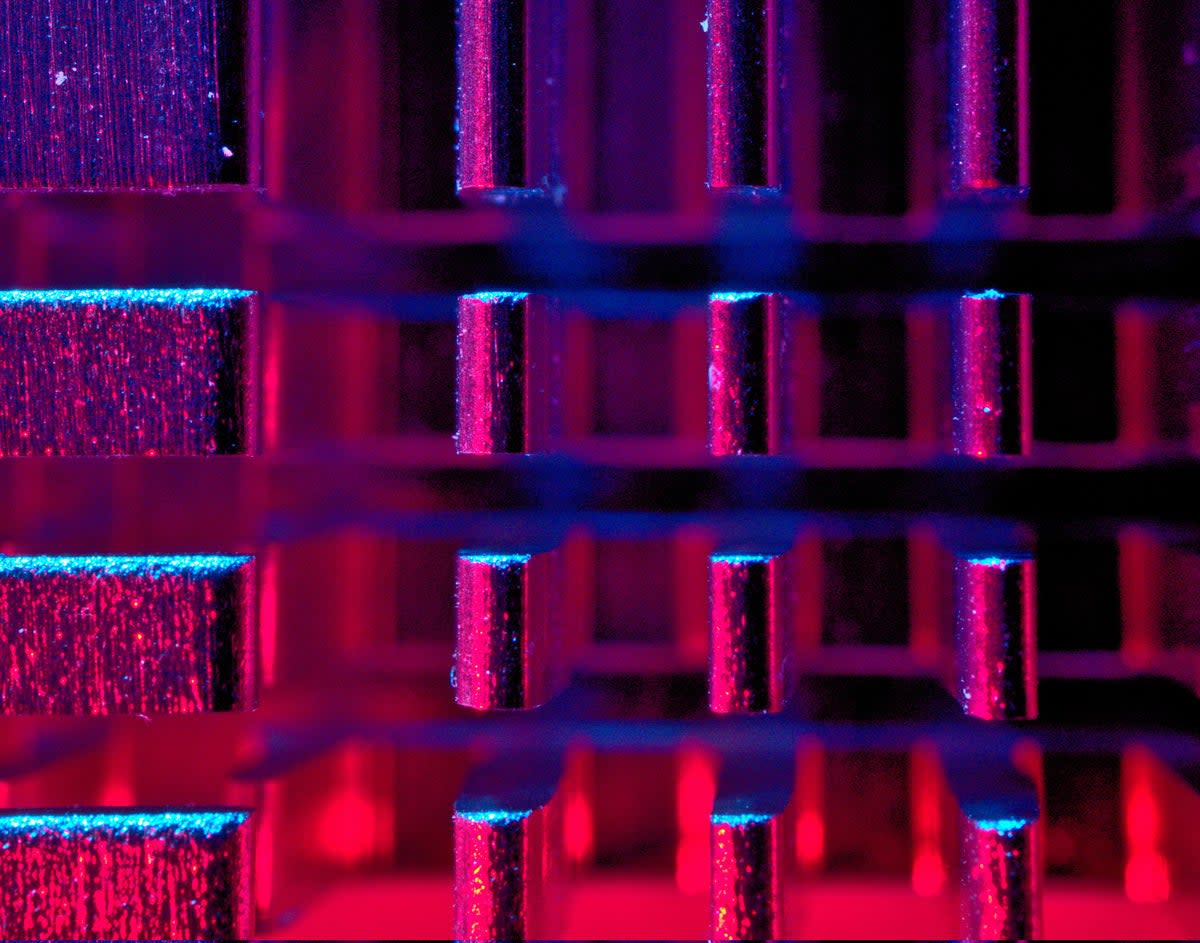Technological invention and disruption has slowed down dramatically, scientists warn

The pace of scientific disruption and technological invention has slowed down considerably, scientists have found.
A new paper warns that the vast amount of new scientific and technological knowledge does not appear to be contributing to new disruptive finding and innovations.
Scientists sought to examine whether technological process was speeding up or slowing. To do so, they examined 45 million scientific papers and 3.9 million patents, taken from across six decades.
They analysed that information with a tool known as the CD index, which measures the effect that papers and patents have on citations in science and technology. That is able to give out a “disruptiveness score” that can be used to tell how much a paper has changes science and technology.
They aimed to use the vast set of scientific research to examine two different kinds of breakthrough: those that add onto existing knowledge and so reinforce our existing understanding, and those that are truly disruptive and make old knowledge obsolete while giving researchers new directions to examine.
The authors found that new research is becoming less disruptive, and more in keeping with the existing status quo. That is happening across all disciplines, but particularly in the social sciences and technology, they found.
It is not definitively clear why that is happening. But the authors suggest that scientists and inventors are looking within increasingly narrow fields for their new discoveries.
“A healthy scientific ecosystem is one where there’s a mix of disruptive discoveries and consolidating improvements, but the nature of research is shifting,” said Russell Funk, a researcher at the University of Minnesota and lead author on the paper. “With incremental innovations being more common, it may take longer to make those key breakthroughs that push science forward more dramatically.”
A paper describing the findings, ‘Papers and patents are becoming less disruptive over time’, is published today in the journal Nature.

